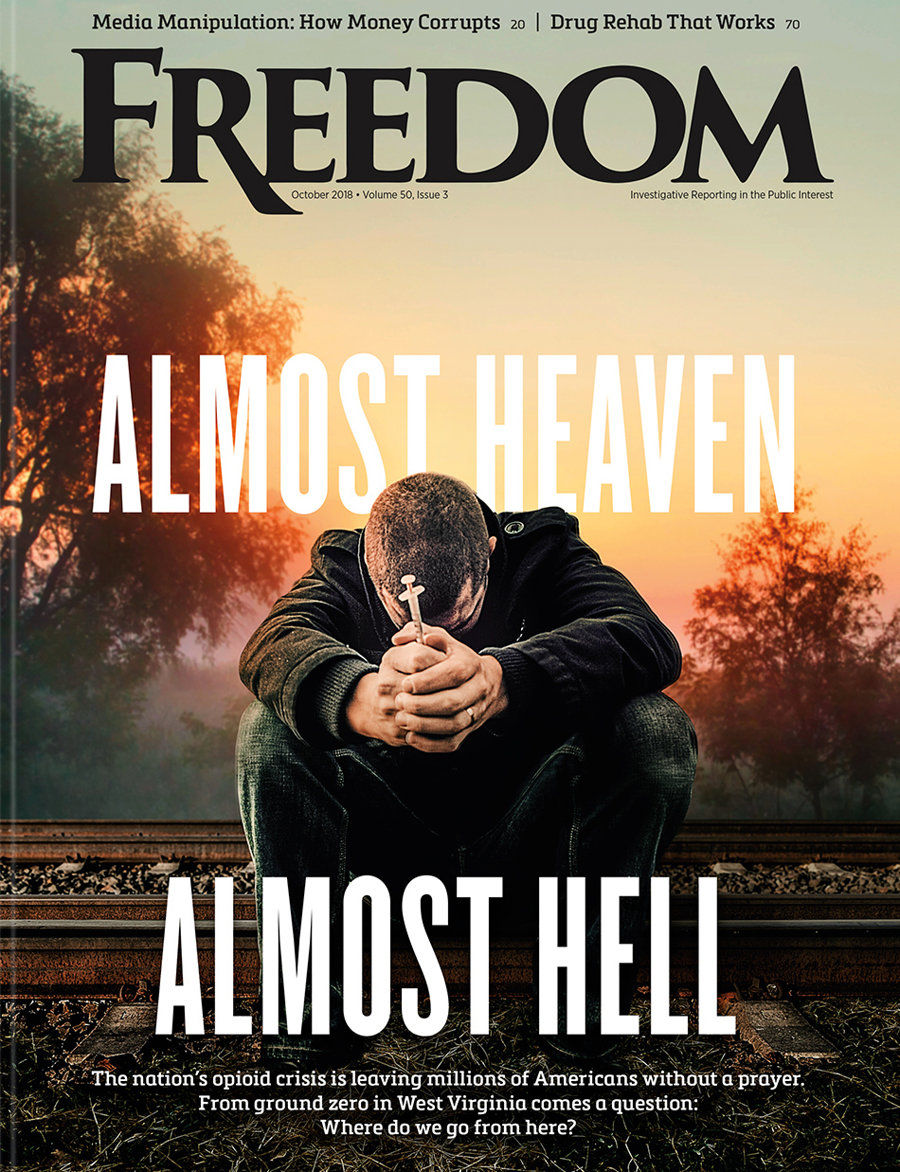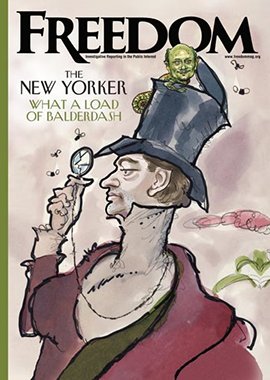You can drive, snack and die, all at the same store.
Kratom, a plant-based supplement from Southeast Asia, is taken in many forms—drinks, pills, gummies, powders and brewed tea leaves.
It’s marketed as a harmless energy booster, relaxant and pain reliever, but has been known to cause addiction, seizures and even death.
“Don’t be fooled: The chemical alteration of botanicals creates an incredibly scary and dangerous output.”
Six states, along with Washington, DC, have banned it, and another 18 states regulate the drug.
But, as if kratom isn’t bad enough, there’s now a more lethal form out there, laced with the addition of a synthetic chemical, 7-hydroxymitragynine (7-OH). Sometimes called “gas station heroin,” along with other synthetic substances, it’s so potentially deadly that the US Food and Drug Administration (FDA) is asking the US Drug Enforcement Administration (DEA) to classify it as a controlled substance, just like opioids, and ban its over-the-counter sale in the US.
At the moment, though, it’s perfectly legal in most states, and commonly peddled in smoke shops, gas stations and convenience stores. And the alarming near-death of a 29-year-old male habitual drug and alcohol user in the South recently gave new impetus to the opposition to 7-OH.
He went into cardiac arrest and was knocking on heaven’s door for 10 minutes while receiving CPR. To revive him, it took two intravenous doses of Narcan, normally given to patients who have overdosed on opioids.
But he had no opioids in his system. Only 7-OH.
The published medical report states that the man was “negative for opiates,” but “would likely not have survived” had he not been treated with Narcan, said Dr. Christopher McCurdy of the University of Florida, co-author of the report.

The simple fact that Narcan saved the life of a man who overdosed on 7-OH means that it’s a substance with properties frighteningly similar to hardcore, highly illegal opioids—yet it’s still out there, available on the open market, for anyone willing to pay.
“The kratom marketplace has drastically shifted from plant-based products to semi-synthetic derivatives that are indistinguishable from natural kratom yet falsely marketed as ‘pure’ with misleading health benefits,” the case study authors, including the physicians who treated the man, wrote. “These products often contain highly concentrated alkaloids and are widely available in many forms and dosages at gas stations, vape shops and online.”
“These findings highlight the need for greater regulatory scrutiny and clinical awareness of potent semi-synthetic kratom derivatives.”
The Stop Gas Station Heroin coalition echoes the sentiment. “Most of these products are made in foreign labs and sold to Americans through retailers operating in cash and evading enforcement,” the advocacy group wrote. “This is not a regulatory gray area; it is a coordinated, multi-billion-dollar syndicate exploiting legal loopholes to drive addiction and profit while endangering American communities.
“Bad actors synthesize, concentrate and often isolate natural botanicals to create dangerous, highly concentrated substances marketed to minors,” Stop Gas Station Heroin continues on their website. “Don’t be fooled: The chemical alteration of botanicals creates an incredibly scary and dangerous output. Illicit dealers, misleadingly marketing these substances, seek to exploit public confusion between whole plant products and isolated constituents.”
To wit, a 2023 class action lawsuit against Botanic Tonics—which produces kratom-based Feel Free in a cute little blue bottle containing 1 percent 7-OH—forced the company to pay an $8.75 million settlement because the “tonic” was found to be highly addictive.
“I am extremely concerned about these semi-synthetic products and I believe they could take society in another opioid pandemic direction.”
Botanic Tonics said they “deeply regret any confusion or harm past marketing may have caused.” But apparently their “regret” doesn’t extend as far as taking the product off the market to protect the health and lives of their customers, because the stuff is still being sold out there.
In fact, you can still buy Botanic Tonics’ Feel Free at 24,000 outlets—convenience stores, smoke shops and, ironically, health food locations—for $8 to $13 per bottle.
“FDA has warned consumers not to use kratom because of the risk of serious adverse events, including liver toxicity, seizures and substance use disorder,” the agency wrote in a statement. “In rare cases, deaths have been associated with kratom use, as confirmed by a medical examiner or toxicology reports.”
“I am extremely concerned about these semi-synthetic products and I believe they could take society in another opioid pandemic direction,” said University of Florida kratom researcher Abhisheak Sharma.
The man who nearly died may end up being the catalyst that finally gets this deadly chemical off the market—and saves countless lives in the process.
That is, if the DEA listens to the FDA.
“This alarming case report, compiled by medical professionals and subject matter experts, makes clear the harm that concentrated synthetic 7-OH opioid products pose to communities across the country,” David Bregger, executive director of Stop Gas Station Heroin, said.
“The only way to prevent more emergency room visits and life-threatening overdoses is with a federal ban on these hyperpotent, lab-made products that are being illegally sold as a ‘safe alternative’ to prescription opioids,” he said. “We urge the Drug Enforcement Administration to protect American consumers by making concentrated synthetic 7-OH a Schedule I substance.”
Even without being amped up with 7-OH, kratom is nothing to mess with. The Foundation for a Drug-Free World states: “Acute side effects include nausea, itching, sweating, dry mouth, constipation, increased urination and loss of appetite. Long-term use can cause weight loss, anorexia, insomnia and skin darkening. Some have reported experiencing ‘kratom psychosis’—hallucination, delusion and severe confusion.”
All the stories, all the warnings, all the near-tragedies lead to one unavoidable fact: Despite the easy availability of kratom—with or without 7-OH—it is a drug, a devastating drug, like any other drug.
And no matter what the government says or does, it can ruin everything. That is the hard, unvarnished truth.
Act on that truth, and it can set you free.






















